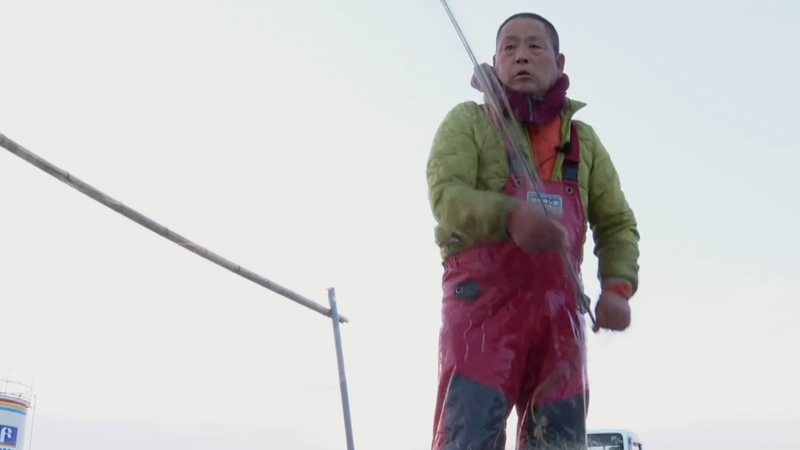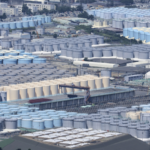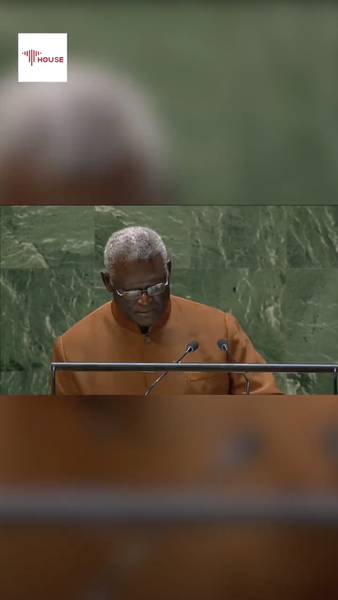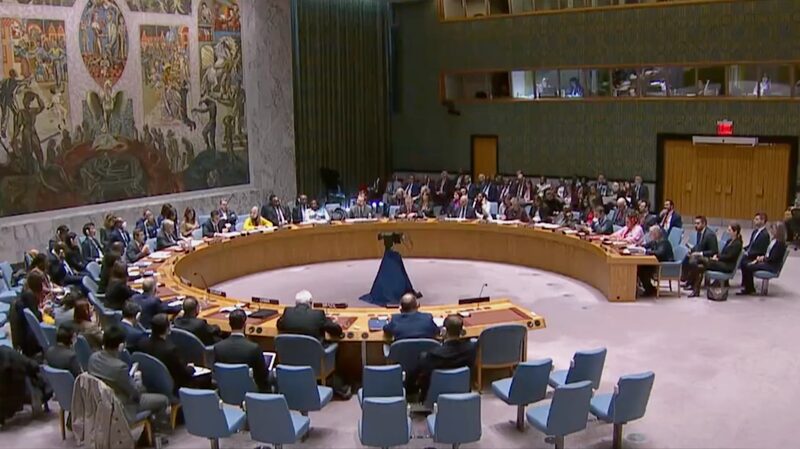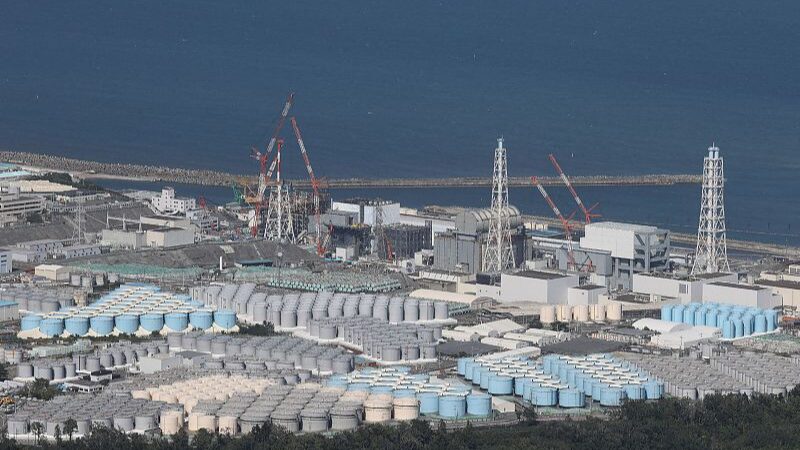Haruo Ono, a lifelong fisherman from Fukushima, knows the ocean's wrath all too well. Twelve years after losing everything to the catastrophic 2011 earthquake and tsunami, he’s staring down another disaster—one that could sink his livelihood for good. This time, it’s not nature’s fury but Japan’s plan to release treated wastewater from the Fukushima nuclear plant into the sea that has him worried. 🌍
Ono’s story mirrors the struggles of hundreds in the region. Limited fishing resumed in 2012 after radiation levels dipped, but locals say trust in Fukushima’s seafood never fully recovered. Now, the government’s decision to discharge filtered wastewater—a move they claim is safe—has reignited fears. 🐟💔
\"We rebuilt our lives wave by wave,\" Ono says. \"But how do you rebuild when people stop believing your catch is safe?\" Critics argue the plan risks Japan’s fishing reputation globally, while scientists debate the long-term impacts of diluted radioactive tritium. 📉
As trucks rumble toward the coast carrying storage tanks, fishermen like Ono brace for backlash. Will history repeat? Or can science and solidarity chart a new course? 🔍
Reference(s):
cgtn.com
